A digital cinema projector is a specialized device designed for projecting high-quality digital images in theaters and other cinematic venues. Here are some key features and characteristics:
- High Resolution: Capable of displaying high-definition (HD) resolutions, including 2K (2048×1080) and 4K (4096×2160), providing stunning image clarity and detail.
- Digital Light Processing (DLP) or Liquid Crystal on Silicon (LCoS): Most digital projectors use either DLP or LCoS technology, offering different advantages in terms of brightness, contrast, and color accuracy.
- Brightness Levels: Measured in lumens, digital cinema projectors offer varying brightness levels, typically ranging from a few thousand to over 30,000 lumens, suitable for different screen sizes and ambient light conditions.
- Color Accuracy: Advanced color processing technologies ensure vibrant and accurate color reproduction, critical for cinematic experiences.
- Integrated Sound Systems: Some projectors may include built-in sound capabilities or support for external audio systems to enhance the viewing experience.
- Flexible Connectivity: Equipped with multiple input options (HDMI, SDI, USB) for connecting to various sources, including media servers, computers, and video playback devices.
- 3D Capability: Many digital cinema projectors support 3D content, providing immersive viewing experiences with the appropriate glasses and compatible films.
- Dimming and Contrast Control: Features that allow for enhanced contrast and brightness control, ensuring optimal image quality under varying lighting conditions.
- Durability and Maintenance: Designed for heavy usage in commercial settings, these projectors often include long-lasting lamps or laser light sources that require less frequent replacement.
- Remote Management: Many modern digital cinema projectors can be controlled remotely, allowing for convenient operation and monitoring from a distance.


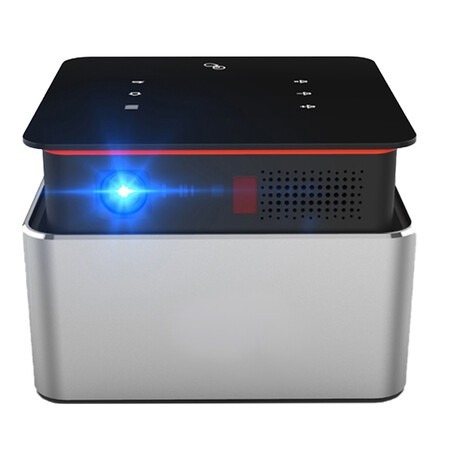

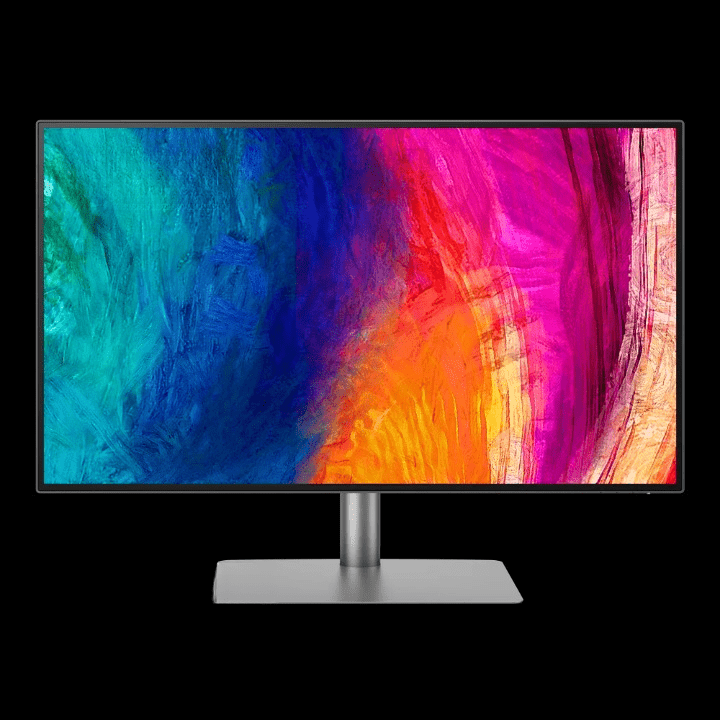

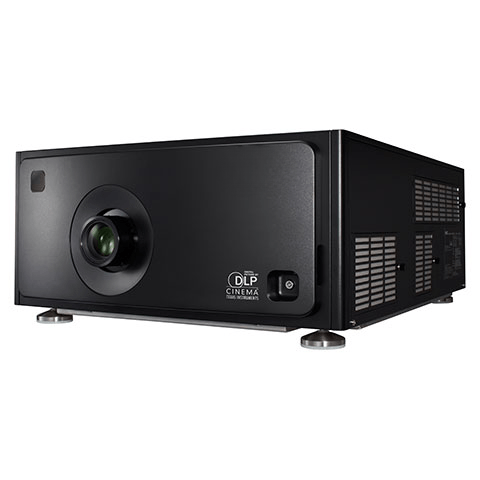
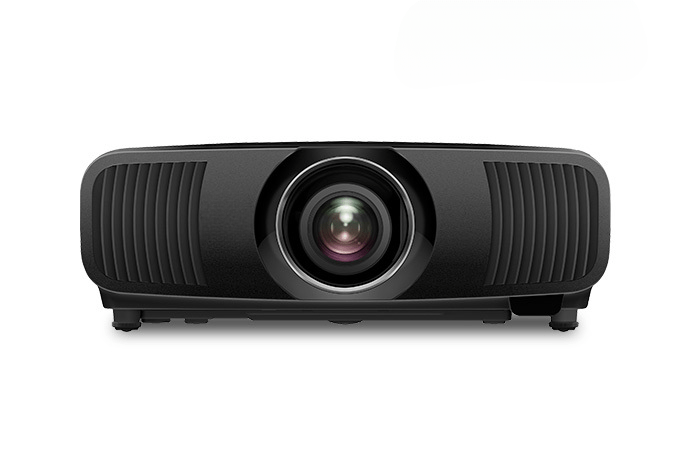

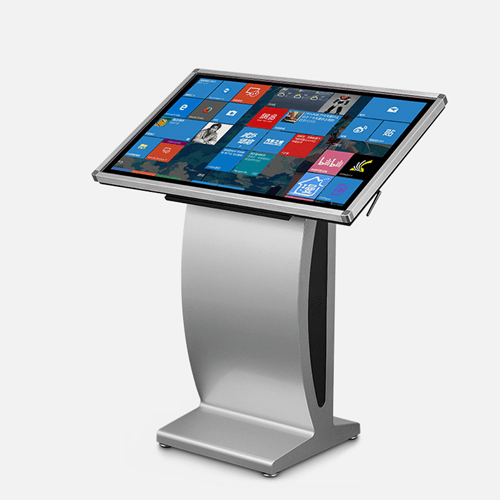

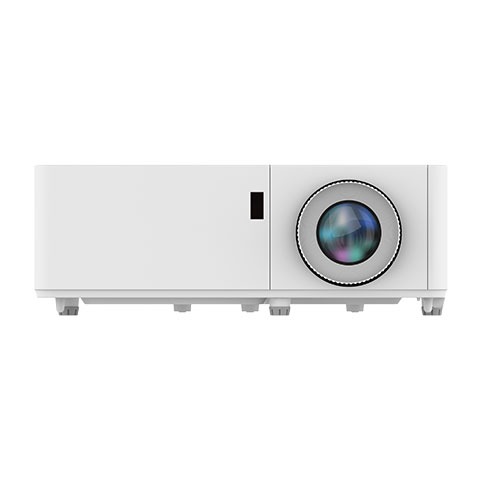

There are no reviews yet.